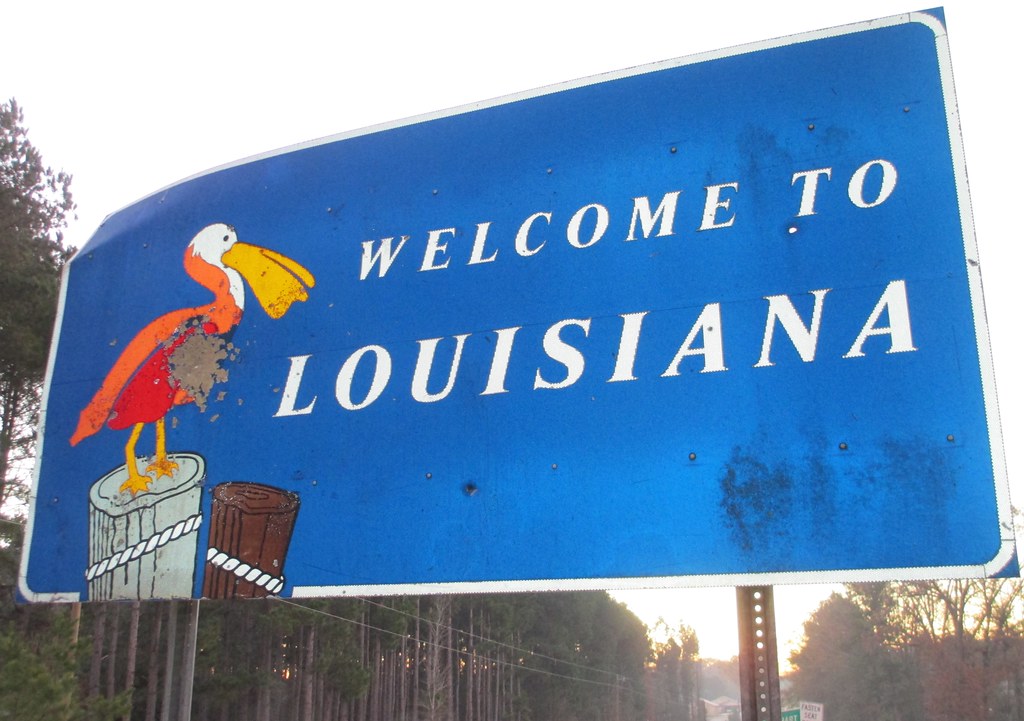The city of Denver has made a progressive mood this week as city council members voted to approve a proposal that would allow marijuana product delivery by third party vendors.
The program is expected to start by the end of the summer and drivers will be required to track GPS, be restricted on how much cash they can have on hand and carry, and will scan ID Cards upon delivery.
The city councilors also approved establishment of consumption clubs which allows clubs to sell small amounts of marijuana to eligible customers. The cannabis products would be ingested on the business’ premises.
Mayor Michael Hancock signed the bill into law on April 20th.
“This is potentially the most massive changes to marijuana rules and regulations since initial legalized sales began,” said Eric Escudero, spokesman for the Denver Department of Excise and Licenses.
The measures also have criteria that stipulate that there is an equal chance for everyone to open a business in the cannabis space.
“When this was rolling out, there was no consideration given to the people that have already been selling in the unregulated market,” said Sarah Woodson, executive director for The Color of Cannabis. “In this sense, rules and regulations were created to lock people out.”
“A lot of people said this would never be done, and we just knew that we could get it done,” Woodson said.
The city’s new rules regarding marijuana licensing will now reflect the work by those organizations and the city.
More licenses will now be available, but only to people the state defines as a social equity applicant.
According to the city, an applicant must be a Colorado resident and not have previously owned a marijuana business that had its license revoked. An applicant must also fit one of the following criteria:
The Applicant resided for at least 15 years between the years 1980 and 2010 in a census tract designated by the Colorado Office of Economic Development and International Trade as an Opportunity Zone or designated as a “Disproportionate Impacted Area”;
The Applicant or Applicant’s parent, legal guardian, sibling, spouse, child, or minor in their guardianship was arrested for a marijuana offense, convicted of a marijuana offense, or was subject to civil asset forfeiture related to a marijuana investigation; or
The Applicant’s household income in a year prior to application did not exceed 50% of the state median income as measured by the number of people who reside in the Applicant’s household.
“When you think about who’s benefiting, you’ve also got to think about who’s not, and the people who suffered disproportionately during marijuana prohibition,” explained Escudero.
“[If] you think about those people who got into it early, they kind of had exclusivity because they had the money, they had the influence, they had the ability to start these businesses,” Escudero said. “Now with this exclusivity in licensing, those people will have the exclusivity for 6 years.”
“Where we’re standing right now in Five Points, it’s a neighborhood of undue concentration, so all the people that have grown up here and work here that would love to open a dispensary or retail store here would not be able to,” Woodson said.
“If we participate in the industry, we can heal our own community and our own people because we will have the finances to do those kinds of things.”



